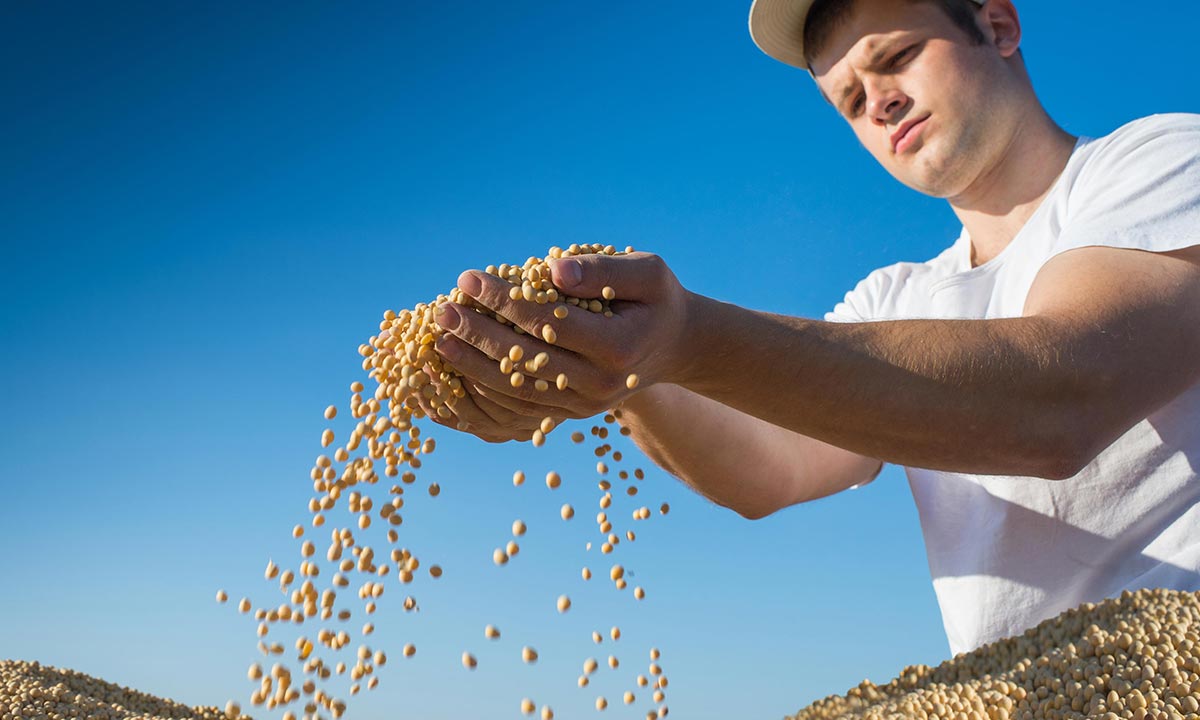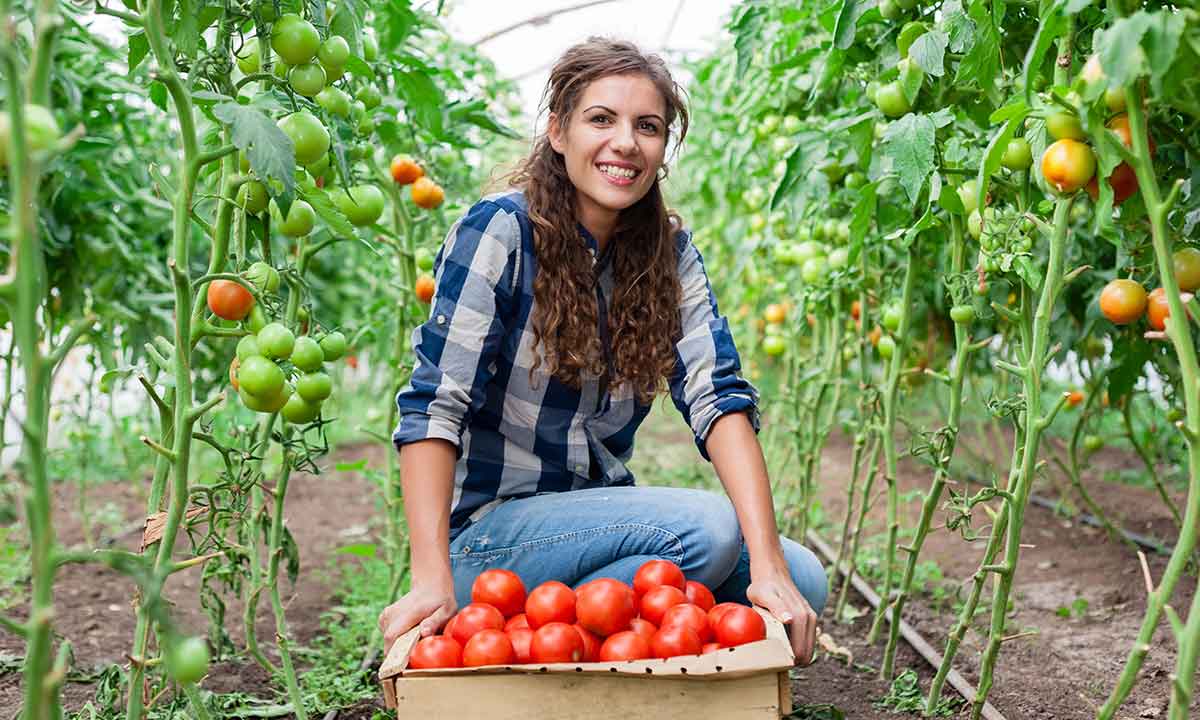Stefanie Nagelschmitz wasn’t always sure she wanted to go into agriculture — but seeing the impact farming has on society, she’s glad she chose it as her career.
“When the time came to apply for University, I was struggling to choose between three or four fields of study. But at the end of the day, I knew that agriculture was going to be the winner because I would never get bored,” she says. “Agriculture is far-reaching, covers so many sectors, impacts so many parts of society, and there is always a new aspect to explore.”
Agriculture is far-reaching, covers so many sectors, impacts so many parts of society, and there is always a new aspect to explore.
Nagelschmitz, 31, now works in marketing for Delta Power Equipment, a farm equipment dealer, and is the Vice Chair of the Canadian 4-H Foundation. She’s among the shrinking group of young Canadians who choose agriculture as a career.
The average age of farmers across Canada is now 55 years old, and it’s been rising for
several decades, according to Statistics Canada. As a result, there are now more farmers over 70 than there are under 35. That’s not only a potential problem for the industry, but it’s also a possible missed opportunity for young workers.
After all, there may be a lot of growth opportunity in agriculture: By 2050, it’s estimated there will be 9.6 billion people on the planet and that global food demand could increase by as much as 70 per cent if consumption trends continue. This could fuel a significant increase in food production in Canada and globally, which translates into more jobs.
So, what’s keeping Canada’s youth from going into farming? A number of reasons, but luckily there’s hope — and programs to help young people get started in the sector!
Why Young People are Important to Agriculture
Just like in any field, young farmers are needed to provide leadership, fill jobs and bolster the industry so Canadian farming can continue to grow.
“For decades, Canadian agriculture has thrived because of the positive leadership young people have brought to this industry as they enter the workforce,” she says.
“Young employees and young business owners add to the diversity of the agriculture industry,” she says. “More diversity leads to more innovative thinking which results in Canada keeping its position as a worldclass leader in farming and food production.”
With the average age of farmers increasing, as farmers retire, Canadian agriculture may begin to struggle. Without a succession plan, the retirement of a generation of Canadian farmers might mean there’s no one to farm the fields.
This could impact the cost of food in Canada and worldwide — making everything from your cereal to your blueberry jam more expensive.

What Keeps Young People from Farming?
Today, Nagelschmitz sees a lack of hands-on learning as part of what’s keeping many young Canadians from considering it as a career.
“When it comes to a career in farming, youth can feel held back if they do not have access to multiple hands-on learning experiences that complement what they learn in a classroom at college or from their local farming community,” she says.
If a young person comes from a farming family, they may not go into farming because they see the long hours their parents work, have other interests, or see opportunities to make more money elsewhere.
Another reason Nagelschmitz thinks young people not getting into farming are the potentially high start-up costs. Farming often requires a lot of ongoing costs like feed, seed, animals, or fertilizers, which means a young person might have to have access to either credit or a significant amount of cash to start a farm. Often young people don’t have enough saved and may not qualify for loans to get it.
How to Get Started
The good news is that there are a number of programs to help young Canadians get into farming.
- Farmer education programs like the Practicum in Sustainable Agriculture at the UBC Farm to help young people more easily understand all aspects of running a farm business.
- 4-H Canada offers the Careers On The Grow Program, supported by RBC Future Launch. The program encourages 4-H Canada members to think about their career options, develop skills and gain hands-on work experience. The program also allows future farmers to explore potential careers and tap into the training, experience, resources and contacts to help them make the transition from the classroom to the workplace.
- Land and equipment leasing options are available to new farmers to help them get started without breaking the bank.
There are very few career fields where you can have a more important impact on society.
Those who do decide to go into agriculture may find it as rewarding as Nagelschmitz.
“Farming is fun and fulfilling,” she says. “There are very few career fields where you can have a more important impact on society. When you go into agriculture or farming, you play a part in providing families around Canada, or around the globe, with nutritious, safe, and world-class food every day.”
This article is intended as general information only and is not to be relied upon as constituting legal, financial or other professional advice. A professional advisor should be consulted regarding your specific situation. Information presented is believed to be factual and up-to-date but we do not guarantee its accuracy and it should not be regarded as a complete analysis of the subjects discussed. All expressions of opinion reflect the judgment of the authors as of the date of publication and are subject to change. No endorsement of any third parties or their advice, opinions, information, products or services is expressly given or implied by Royal Bank of Canada or any of its affiliates.



















